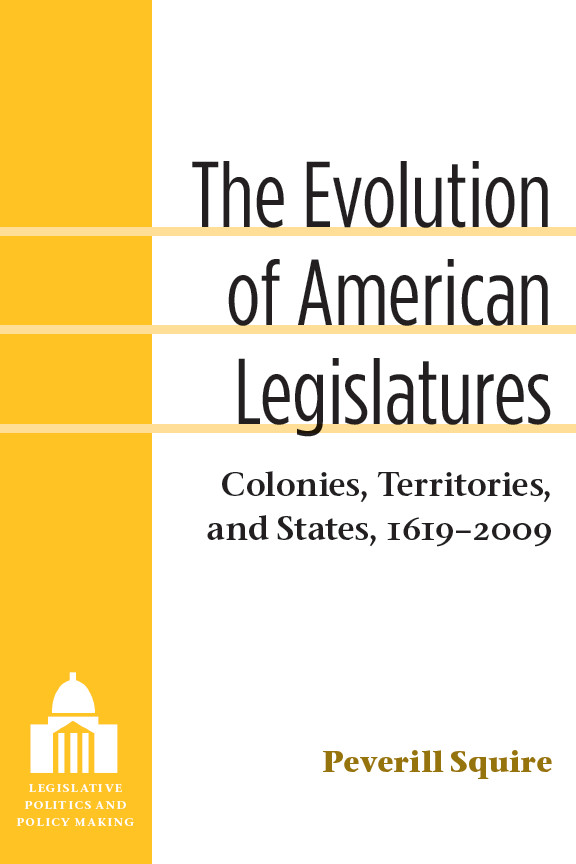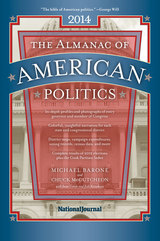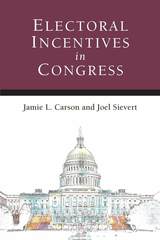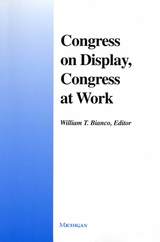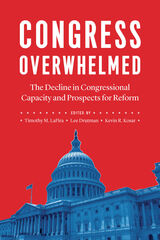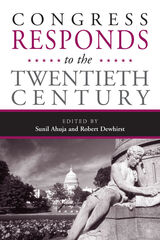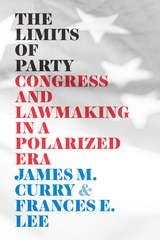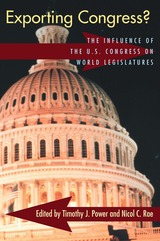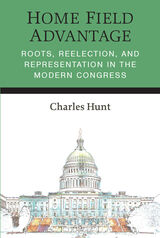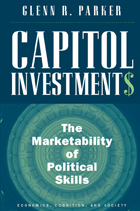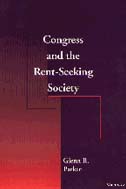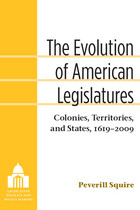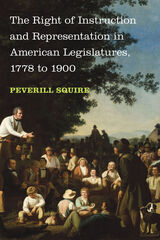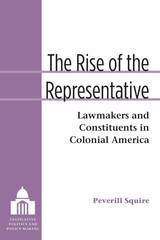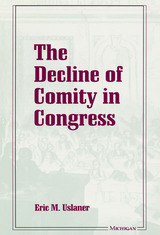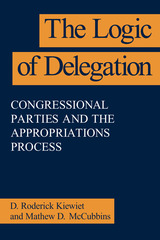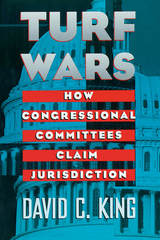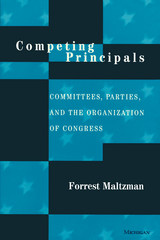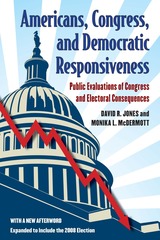"This work fills a big gap in the scholarship of American government. . . . It is a real, and most probably, lasting contribution to our understanding of American government."
—Jon C. Teaford, Purdue University
— -
"By far the finest history of state legislatures that we have in the political history literature."
—Jeffery A. Jenkins, University of Virginia
— -
"The sweep of Squire's narrative covering not only our modern 51 American legislatures but an approximately equal number of colonial, confederal, territorial, and even the most arcane provisional legislatures is remarkable. There is no other comparable scholarly work that looks at institutional change in American legislatures on such a grand scale. It is impressive in both its broad brush strokes and its convincing detail."
—Karl Kurtz, National Conference of State Legislatures
— -
"This is a well-researched and carefully documented addition to the field of legislative studies, but just as important, Squire’s book is highly readable and filled with great stories of legislative life and lore."
—APSA Legislative Studies Section
— Cindy Simon Rosenthal, APSA LSS Newsletter
"The Evolution of American Legislatures is a sweeping, fine-grained history of state legislative institutions. The book chronicles the beginnings of every state legislature in the United States, and examines theirmembership, leadership, rules, committee systems, salary structures, frequency of sessions, and staffing. This is a synthesis of the highest order."
—Journal of American History
— Gerald Gamm, University of Rochester, Journal of American History
"Research on legislatures typically has been more concerned with national than sub-national assemblies. This book shows that study of subordinate assemblies can also contribute to our knowledge of institutional evolution."
—Journal of Legislative Studies
— DAVID M. OLSON, Journal of Legislative Studies
"The Evolution of American Legislatures is a gem. ... This daunting project is more in line with grand historical narratives rather than the far more narrowly tailored analysis found in much of the political science literature."
--Jeremy B. Johnson
— Jeremy B. Johnson, Perspectives on Politics
"Peverill Squire has producedan epic, ground‐breaking tome onthe development of state legislatures over the past 400 years. There is no doubting the singular accomplishment of his documenting the lineage of legislative development in the states. This book has no real predecessor, and accordingly, will serve as an important reference work for at least a generation."
-Political Science Quarterly
— Christopher Z. Mooney, Political Science Quarterly
"Historians, political scientists and serious legislative junkies will love this book. ... There is no other comparable scholarly work that looks at institutional change in American legislatures on such a grand scale. It is impressive in both its broad brush strokes and its convincing detail."
—Karl Kurtz, The Thicket at State Legislatures
— Karl Kurtz, The Thicket at State Legislatures
